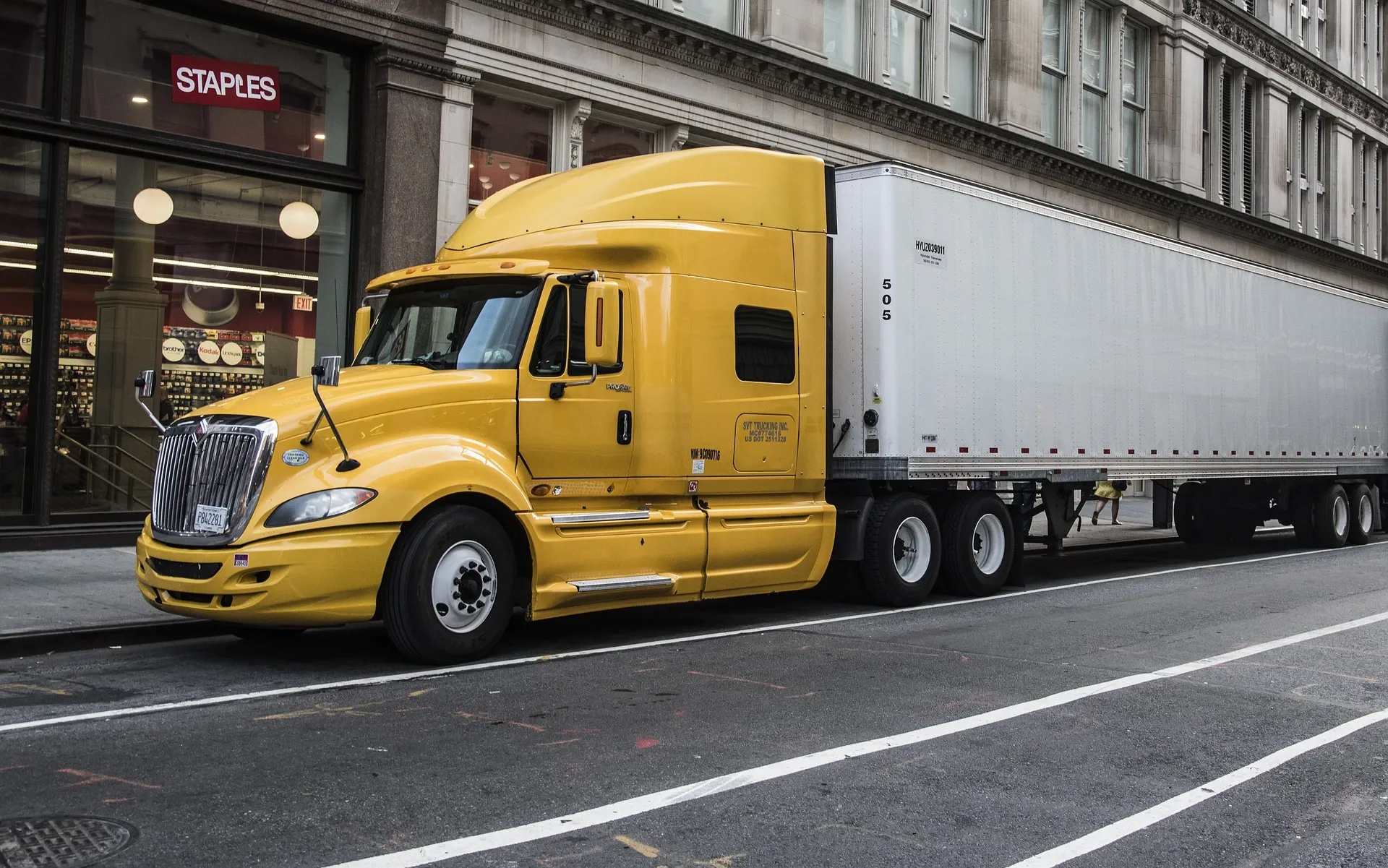What Does LTL Freight Stand For: Understanding Less Than Truckload Shipping in Today’s Economy

Effective logistics is essential for businesses worldwide to survive in the changing market of modern commerce. Less-than-truckload (LTL) shipping is a versatile and affordable option among all the different methods of freight transportation. Understanding the importance of LTL freight in the current economic climate is crucial to businesses that want to improve their supply chain processes. The goal of this article is to explore the specifics of LTL freight, including its benefits, challenges, and place in the modern business world.
Defining LTL Freight
Less Than Truckload freight shipping is a transportation method used for carrying small to medium-sized loads that don’t fill an entire truck trailer. Unlike Full Truckload (FTL) shipping, where one shipper’s goods occupy the entire trailer, LTL shipments typically combine freight from several shippers, allowing carriers to optimize trailer space and routes. This optimization reduces costs and boosts efficiency, providing businesses with a sense of reassurance about the reliability of the service.
Common goods shipped via LTL include:
- Consumer goods. Clothing, furniture, home appliances, and household goods.
- Electronics. Televisions, computers, smartphones, and other electronic devices.
- Auto parts. Engines, tires, batteries, and other automotive components.
- Building materials. Lumber, flooring, roofing materials, and plumbing fixtures.
- Pharmaceuticals. Medications, medical supplies, and healthcare equipment.
- Industrial equipment. Machinery parts, tools, and manufacturing components.
- Retail merchandise. Inventory shipments for stores, including clothing, accessories, and home decor items.
- Food and beverages. Packaged foods, beverages, and perishable goods (require a temperature control vehicle).
- Printing materials. Paper products, promotional materials, and printing supplies.
- Chemicals. Non-hazardous chemicals and industrial compounds.
Advantages of LTL Freight
LTL shipping has two major benefits, – flexibility and cost-effectiveness. First of all, LTL is more cost-effective for businesses than FTL because it just requires them to pay for the space their goods take up in a trailer. Because it allows them to cut transportation costs with other shippers, this cost-sharing approach is especially advantageous for businesses with lower freight volumes. This ultimately lowers their overall shipping expenses. Also, LTL carriers frequently use advanced logistics networks to optimize and combine shipments, which further reduces costs by making effective use of trailer space and route planning.
The second benefit of LTL shipping is that it provides businesses with flexibility in managing their inventory levels and accommodating smaller shipments. Businesses can send different amounts of freight as needed without being limited by the need to fill a full vehicle by utilizing LTL services. This flexibility is especially helpful for businesses with varying demand or seasonal variations in shipping amounts. LTL carriers also offer vast coverage networks, allowing businesses to reach varied geographic locations without the requirement for a full truckload commitment. This makes businesses more competitive in the market and allows them to reach a wider audience and effectively serve clients in isolated or sparsely populated areas.

Challenges
LTL shipping presents several challenges that businesses must endure to ensure smooth and cost-effective transportation of their goods.
Freight classification systems are a significant challenge in LTL shipping. Freight classification determines the rate charged for transportation based on various factors such as density, stowability, handling, and liability. The National Motor Freight Classification (NMFC) system is a commonly used standard system in the US, assigning a freight class to each type of commodity based on its properties. However, deciding the correct freight class can be difficult and subjective, leading to disagreements between shippers and carriers and potentially resulting in higher-than-expected shipping costs.
Because LTL shipments also require numerous stops for consolidation and delivery, they frequently experience lengthier travel times than full truckload shipments and the possible chance of freight damage. LTL shipments can stop at multiple intermediate stops at terminals or distribution facilities for sorting and consolidation, whereas FTL shipments travel straight from the point of origin to the destination. Slower delivery times could be a result of these extra handling and transit periods, which may have an effect on inventory management procedures and customer satisfaction.
Last but not least, risk management is an important factor in LTL transportation. Due to the nature of LTL transportation, which involves loading freight from several shippers into a single trailer, there is a higher chance of delays, theft, and damage to the cargo. Valuable or fragile goods can be particularly vulnerable to harm during handling and transportation. To reduce these risks, shippers can use techniques like adequate labeling and packing, tracking and monitoring technologies, and choosing reliable carriers with strong security and insurance coverage.
Navigating the LTL Carrier Market
Selecting the right LTL carrier is crucial for businesses to ensure efficient and reliable transportation of their goods. Several very important factors need to be considered when evaluating potential carriers:
- Service quality. Look for carriers with a strong reputation, including timely delivery, minimal damage or loss, and responsive customer support.
- Pricing. Compare rates from multiple carriers to find the most competitive pricing for your shipping needs.
- Coverage area. Assess the carrier’s coverage network to ensure they can reach your desired destinations efficiently.
- Technological capabilities. Look for carriers that leverage advanced technology to streamline operations and enhance visibility and tracking capabilities.
Carolina Logistics Inc. is a trusted LTL logistics provider. We offer a comprehensive range of logistics services tailored to different industries and businesses. Our competitive pricing, wide network of carriers, and cutting-edge technological capabilities make us a go-to choice for businesses seeking a dependable partner for their LTL shipping needs. Whether you require transportation services across national or international routes, Carolina Logistics Inc. delivers the expertise and resources to ensure the seamless and cost-effective movement of your freight.
In Conclusion
Selecting the right LTL carrier is essential for businesses to improve their supply chain operations and meet customer needs. By considering factors such as service quality, pricing, coverage area, and technological capabilities, businesses can make informed decisions to ensure reliable and efficient transportation of their goods. Carolina Logistics Inc. stands out as a trusted LTL logistics provider, offering competitive pricing, extensive coverage, and advanced technology to meet businesses’ diverse needs.
